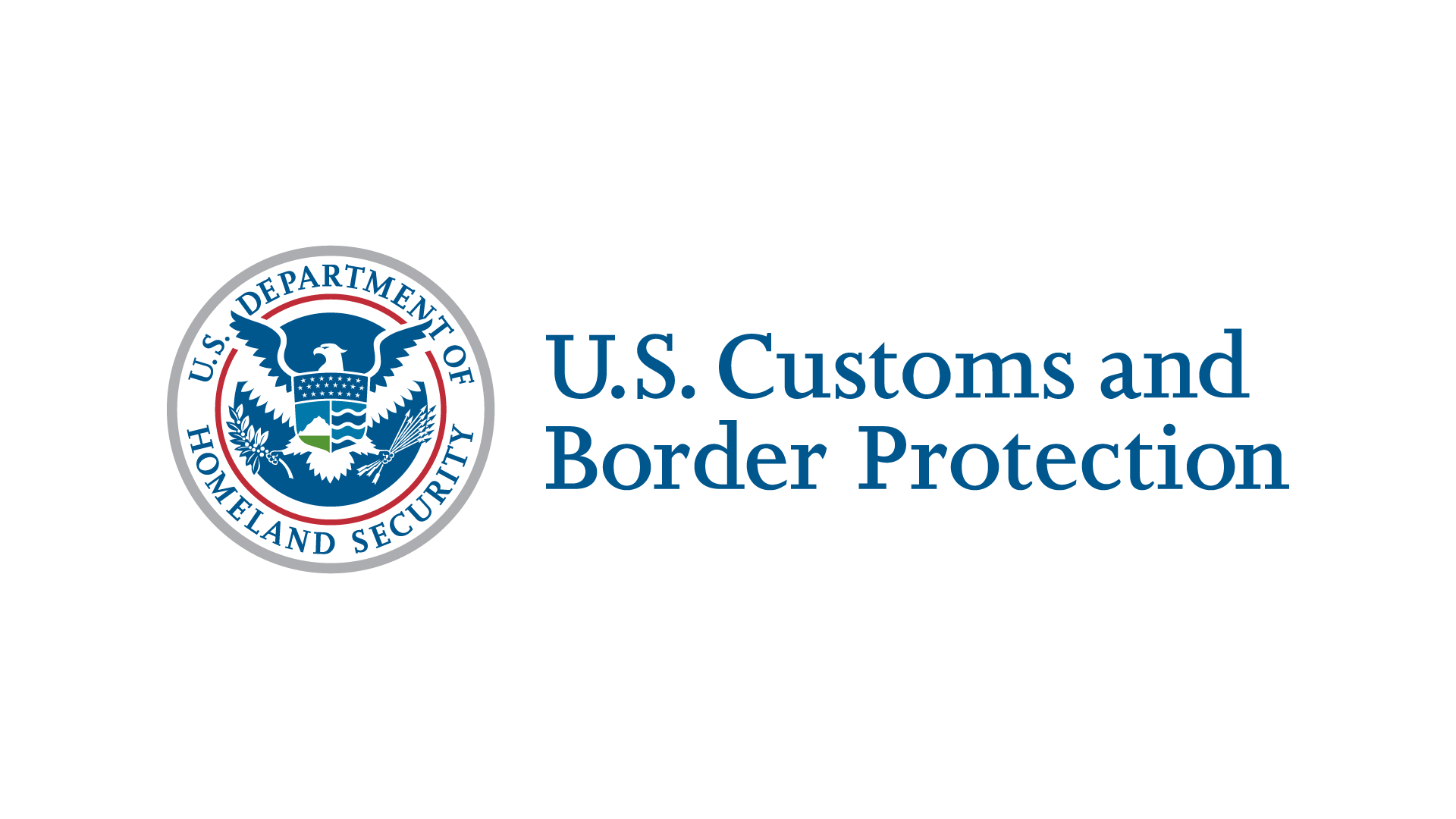
IATA, the airline association, foresees in 2020 a return to growth for the cargo sector. This will also help airlines improve their profitability over the next year. The IATA, in it’s annual outlook indicates an increase in freight volumes by 2%, year on year to meet 62.4m tonnes, in contrast to 2019, where we saw a 3.3% decline to 61.2m tonnes
Not since the global financial crisis of 2009, have we witnessed a demand drop as steep as this past year. While indicators point toward the upward trend, IATA warns that cargo yields will continue sliding, with a 3% decline predicted for 2020. This however is an improvement from the 5% decline felt in 2019.
Cargo revenues in 2020, will also continue to slip for a third year in a row, with revenues expected to total $101.2bn, down 1.1% from 2019.
The reasoning for the improved cargo volume outlook is such:
- World trade growth is expected to rebound to 3.3% from 0.9% in 2019
- Election year pressures in the US contribute to reduced trade tensions
- Supported by actions from central banks as well as easing of fiscal policies.
- GDP is forecast to expand by 2.7% in 2020, marginally above the 2.5% growth in 2019.
Reviewing costs, and a slower-than-expected global economic growth in 2019 contributed to a lower energy demand, with crude prices averaging around $65/barrel (Brent), compared to $71.60 in 2018. Oil supply is also abundant, increasing inventories.
Consequently, oil prices are expected to dip in 2020 to $63 (Brent), according to the IATA. Jet kerosene prices are also expected to dip, averaging $75.60 per barrel versus $77 per barrel in 2019.
IATA also forecasts that the global airline industry will produce a net profit of $29.3bn in 2020, which is an improvement over a net profit of $25.9bn expected in 2019. Following those expectations, 2020 will earmark this industries 11thconsecutive year “in-the-black”.
Alexandre de Juniac, IATA’s director general and chief executive, said this much on looking back at 2019:
“Slowing economic growth, trade wars, geopolitical tensions and social unrest, plus continuing uncertainty over Brexit all came together to create a tougher than anticipated business environment for airlines.
“Yet the industry managed to achieve a decade in the black, as restructuring and cost-cutting continued to pay dividends. It appears that 2019 will be the bottom of the current economic cycle and the forecast for 2020 is somewhat brighter.
“The big question for 2020 is how capacity will develop, particularly when, as expected, the grounded 737 MAX aircraft return to service and delayed deliveries arrive.”

